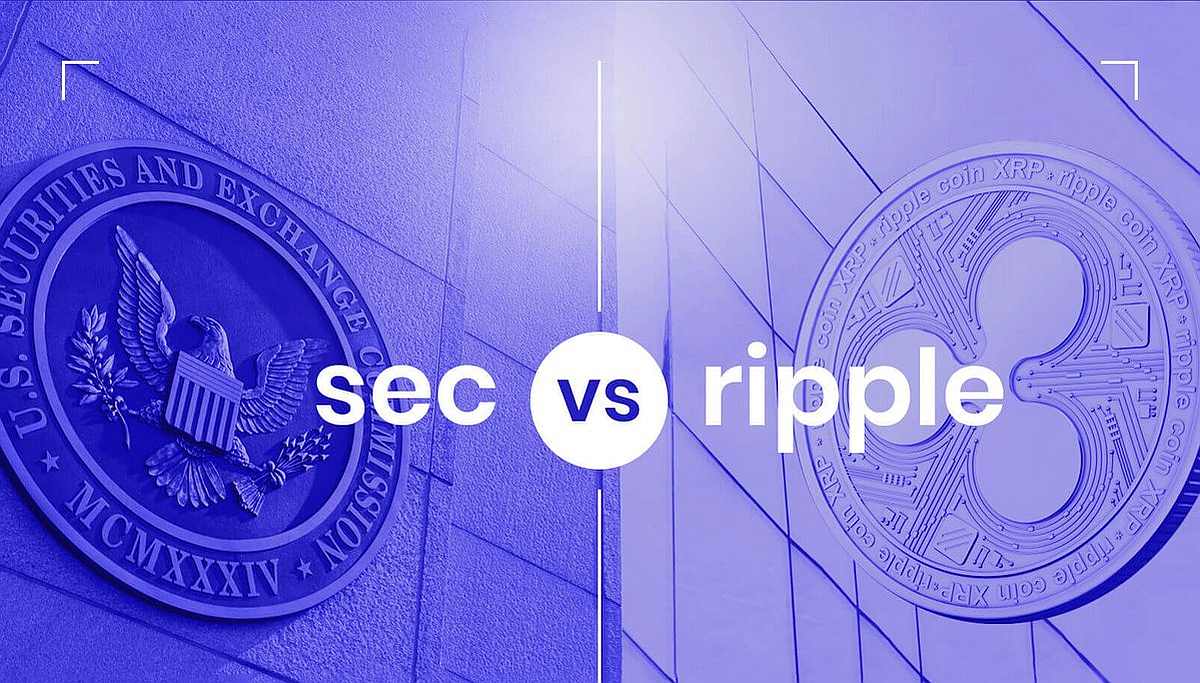Top 10 Best Crypto Wallets to Buy Ultimate Security Guide

In the rapidly evolving world of cryptocurrency, choosing the right crypto wallet is one of the most critical decisions you’ll make as a digital asset investor. With the cryptocurrency market continuing to grow exponentially, the importance of secure storage solutions has never been more paramount. Whether you’re a seasoned trader managing a diverse portfolio or a newcomer taking your first steps into the crypto ecosystem, understanding the nuances of different wallet types and their security features is essential for protecting your digital investments.
The landscape of cryptocurrency wallets has transformed dramatically over the past few years, with manufacturers and developers continuously innovating to provide enhanced security measures, improved user experiences, and broader asset compatibility. From hardware wallets that offer cold storage solutions to sophisticated software wallets with advanced encryption protocols, the market now offers an unprecedented variety of options tailored to different user needs and security preferences.
This comprehensive guide examines the top 10 best crypto wallets available in 2025, analyzing their unique features, security protocols, supported cryptocurrencies, and overall user experience. We’ll explore both hot wallets and cold wallets, helping you understand the fundamental differences and make an informed decision based on your specific requirements, technical expertise, and investment strategy.
Understanding Different Types of Cryptocurrency Wallets
Hardware Wallets: Maximum Security for Long-term Storage
Hardware wallets represent the gold standard in cryptocurrency security, offering offline storage solutions that keep your private keys completely isolated from internet-connected devices. These physical devices, often resembling USB drives, generate and store private keys in a secure chip that’s designed to be tamper-resistant. The primary advantage of cold storage wallets lies in their immunity to online attacks, malware, and phishing attempts that commonly target software-based solutions.
Leading hardware wallet manufacturers have incorporated advanced security features such as secure element chips, PIN protection, recovery seed phrases, and even biometric authentication in some models. These devices support multiple cryptocurrencies, allowing users to manage diverse portfolios from a single device while maintaining the highest security standards.
Software Wallets: Convenience Meets Functionality
Software wallets, also known as hot wallets, provide immediate access to your cryptocurrency holdings through desktop applications, mobile apps, or web-based interfaces. While they’re more vulnerable to online threats compared to hardware solutions, modern digital wallets implement robust security measures, including two-factor authentication, encryption protocols, and secure backup systems.
The convenience factor of mobile crypto wallets cannot be overstated, especially for users who frequently engage in cryptocurrency transactions, DeFi activities, or need quick access to their funds for trading purposes. These wallets often feature intuitive interfaces, integrated exchange services, and support for emerging blockchain networks and tokens.
Top 10 Best Crypto Wallets: Detailed Analysis

1. Ledger Nano X: Premium Hardware Security
The Ledger Nano X stands as one of the most popular hardware wallets in the cryptocurrency community, offering support for over 5,500 different cryptocurrencies and tokens. This cold storage wallet features Bluetooth connectivity for mobile management while maintaining the security integrity that Ledger is renowned for. The device incorporates a secure element chip (CC EAL5+ certified) and features a larger screen compared to its predecessor, making transaction verification more user-friendly.
Key features include a rechargeable battery, the ability to install up to 100 applications simultaneously, and compatibility with third-party wallet software. The Ledger Live application provides a comprehensive interface for portfolio management, staking services, and direct cryptocurrency purchases. For users prioritizing maximum security for long-term storage, the Nano X offers an excellent balance of security and convenience.
2. Trezor Model T: Open-Source Excellence
The Trezor Model T represents the pinnacle of open-source hardware wallet development, featuring a full-color touchscreen interface and support for over 1,600 cryptocurrencies. This secure crypto wallet stands out for its transparent development approach, allowing the community to audit its code and contribute to its continuous improvement.
The device supports advanced features like Shamir backup, which allows users to split their recovery seed into multiple parts for enhanced security distribution. The Model T also supports password management functionality and can serve as a two-factor authentication device, making it a versatile security tool beyond cryptocurrency storage.
3. MetaMask: Leading Web3 Wallet
MetaMask has established itself as the gateway to decentralized finance (DeFi) and Web3 applications, serving as both a browser extension and mobile wallet. This software wallet excels in Ethereum ecosystem integration, supporting all ERC-20 tokens and providing seamless connectivity to decentralized applications (dApps).
The wallet’s strength lies in its user-friendly interface and extensive integration capabilities. Users can easily connect to decentralized exchanges, NFT marketplaces, and DeFi protocols directly from their wallet interface. MetaMask also supports hardware wallet integration, allowing users to combine the convenience of a hot wallet with the security of cold storage.
4. Trust Wallet: Comprehensive Mobile Solution
Trust Wallet, acquired by Binance, offers one of the most comprehensive mobile crypto wallet experiences available. Supporting over 70 blockchains and millions of digital assets, this multi-currency wallet provides users with extensive cryptocurrency management capabilities directly from their smartphones.
The wallet features built-in Web3 browser functionality, staking services for various cryptocurrencies, and a decentralized exchange (DEX) for token swaps. Trust Wallet’s security model includes biometric authentication, encrypted private key storage, and backup phrase protection, making it an excellent choice for users who prioritize mobile accessibility without compromising security.
5. Exodus: Beautiful Desktop Experience
Exodus combines aesthetic appeal with powerful functionality, offering one of the most visually appealing desktop wallet experiences in the cryptocurrency space. This multi-asset wallet supports over 260 cryptocurrencies and features an integrated exchange service for seamless trading between different digital assets.
The wallet’s portfolio tracking capabilities provide detailed insights into asset performance, historical data, and market trends. Exodus also offers 24/7 customer support, making it particularly suitable for newcomers to cryptocurrency who may need assistance navigating the platform’s features.
6. Coinbase Wallet: Integration with Major Exchange
The Coinbase Wallet serves as a non-custodial solution that complements the Coinbase exchange ecosystem while providing users with complete control over their private keys. This self-custody wallet offers seamless integration with the Coinbase platform while supporting thousands of cryptocurrencies and tokens across multiple blockchains.
Key features include e built-in dApp browser, NFT support, and the ability to earn rewards through various DeFi protocols. The wallet’s security measures include biometric authentication, cloud backup options, and hardware wallet compatibility for users seeking additional security layers.
7. Atomic Wallet: Decentralized Management
Atomic Wallet positions itself as a decentralized cryptocurrency wallet that never stores user data on external servers. Supporting over 500 digital assets, this non-custodial wallet provides users with complete control over their funds while offering advanced features like built-in atomic swaps and staking services.
The wallet’s atomic swap functionality allows users to exchange cryptocurrencies directly without using centralized exchanges, reducing counterparty risk and maintaining privacy. Atomic Wallet also offers cashback rewards in its native AWC token for users who stake their holdings within the platform.
8. Electrum: Bitcoin-Focused Excellence

For Bitcoin purists, Electrum remains one of the most respected Bitcoin wallets in the cryptocurrency community. This lightweight desktop wallet focuses exclusively on Bitcoin. Offering advanced features like custom transaction fees, multi-signature support, and cold storage integration.
Electrum’s strength lies in its speed, security, and extensive customization options. The wallet connects to high-performance servers for quick blockchain synchronization without downloading the entire Bitcoin blockchain. Advanced users appreciate features like coin control, fee bumping, and support for various Bitcoin improvement proposals (BIPs).
9. Binance Chain Wallet: BSC Ecosystem Focus
The Binance Chain Wallet provides specialized support for Binance Smart Chain (BSC) and Binance Chain ecosystems. Offering seamless integration with the extensive Binance DeFi ecosystem. This browser wallet excels in providing access to BSC-based decentralized applications and yield farming opportunities.
The wallet features direct integration with PancakeSwap, Venus Protocol, and other major BSC platforms, making it an excellent choice for users heavily involved in the Binance ecosystem. Security features include seed phrase backup, password protection, and hardware wallet compatibility.
10. Phantom: Solana Ecosystem Champion
Phantom has emerged as the leading wallet solution for the Solana blockchain ecosystem, providing users with seamless access to Solana-based applications, NFTs, and DeFi protocols. This browser extension wallet and mobile app combination offers excellent performance optimization for Solana’s high-speed blockchain.
The wallet supports Solana token standards, provides built-in NFT gallery functionality, and offers direct integration with major Solana DEXs and DeFi platforms. Phantom’s user interface prioritizes simplicity while providing advanced features for experienced users who need detailed transaction control.
Essential Security Features to Consider
Private Key Management and Recovery Options
The foundation of crypto wallet security lies in proper private key management and robust recovery systems. Leading secure crypto wallets implement various approaches to private key generation and storage. From hardware-based secure elements to sophisticated software encryption protocols.
Recovery seed phrases, typically consisting of 12 or 24 words, serve as the ultimate backup mechanism for your cryptocurrency holdings. Understanding how different wallets handle seed phrase generation, storage recommendations, and recovery procedures is crucial for long-term asset protection.
Multi-Layer Authentication Systems
Modern cryptocurrency wallets employ multiple authentication layers to prevent unauthorized access. These may include traditional password protection, two-factor authentication (2FA), biometric verification, and hardware-based confirmation systems. The most secure implementations combine multiple authentication methods. Creating a comprehensive security framework that protects against various attack vectors while maintaining reasonable usability for legitimate users.
Choosing the Right Wallet for Your Needs
Beginner-Friendly Options
For newcomers to cryptocurrency, user-friendly wallets with intuitive interfaces and comprehensive customer support represent the ideal starting point. These platforms typically offer educational resources, simplified setup processes, and clear guidance for essential security practices.
Also Read: Best Cryptocurrency to Invest in 2025, Top 10 Crypto Investment Guide
Advanced User Requirements
Experienced cryptocurrency users often require advanced features such as multi-signature support. Custom network configurations, advanced transaction controls, and integration with various DeFi protocols. Professional crypto wallets cater to these needs while maintaining high security standards.
Future Trends in Cryptocurrency Wallet Development
The crypto wallet industry continues evolving rapidly, with emerging trends including enhanced privacy features. Improved cross-chain compatibility, social recovery systems, and integration with traditional financial services. Understanding these developments helps users make forward-thinking decisions about their wallet choices.
Conclusion
Selecting the best crypto wallet requires careful consideration of your specific needs, technical expertise, and security requirements. Whether you prioritize maximum security through hardware wallets, convenience via mobile solutions, or specialized features for particular blockchain ecosystems. The current market offers excellent options for every user profile.
Remember that the most secure wallet is worthless if you don’t properly implement security best practices. Regardless of your chosen solution, prioritize strong passwords. Secure backup procedures and stay informed about emerging security threats in the cryptocurrency space.</p>




